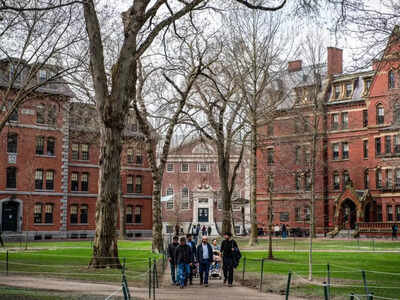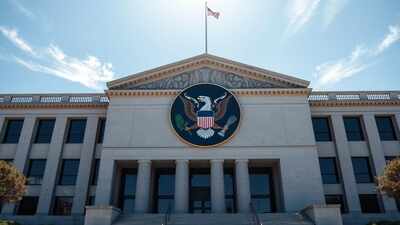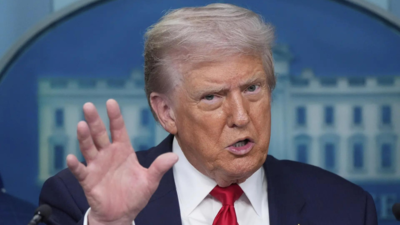
The Trump administration has demanded $1 billion from the University of California, Los Angeles (UCLA) whilst seeking only $500 million from Harvard University, despite Harvard having significantly more frozen federal funding. The stark difference in settlement figures has raised questions about the political calculations behind the administration’s approach to higher education negotiations.Both universities face substantial financial pressure after the administration froze federal grants, with UCLA losing access to approximately $584 million and Harvard facing $2.3 billion in frozen funds. The disparity between frozen amounts and settlement demands reveals a complex strategy that extends beyond mere financial recovery.Public versus private university leverageUCLA operates as a public university within the University of California system, making it directly accountable to state taxpayers, legislators, and California’s political establishment. This structure provides the Trump administration with multiple pressure points, allowing officials to simultaneously challenge a political rival state whilst establishing precedents for reshaping public universities nationwide.Harvard’s position as a wealthy private institution grants it considerably more operational independence. The university can rely on its endowment exceeding $50 billion and possesses substantial resources for aggressive litigation. This financial strength provides Harvard with greater leverage to resist government demands, potentially explaining the lower settlement figure despite higher federal funding exposure.Symbolic political targetingCalifornia has maintained consistent opposition to Trump administration policies across immigration and climate initiatives. UCLA represents a symbolic crown jewel of the state’s progressive higher education system, making the $1 billion demand as much about political messaging as financial recovery.The elevated demand sends a clear political message and energises the administration’s base against what officials characterise as “blue state elites.” Harvard faces different political calculations, already serving as an archetype of elite liberalism. The $500 million penalty, whilst substantial, focuses more specifically on campus activism and diversity, equity, and inclusion (DEI) practices rather than direct confrontation with state government.Institutional reform requirementsUCLA’s draft settlement encompasses sweeping institutional changes including bans on overnight protests, restrictions on race-based scholarships and hiring, identification requirements for protestors, limits on transgender healthcare and athletics, and enhanced oversight of international students. The settlement’s scope reflects the administration’s demand for comprehensive systemic reforms.Harvard’s negotiations have concentrated more narrowly on restoring funding, DEI programme rollbacks, and admissions transparency measures. The more limited institutional overhaul corresponds with the reduced financial penalty, suggesting a strategic approach linking demanded changes to settlement amounts.TOI Education is on WhatsApp now. Follow us here.






